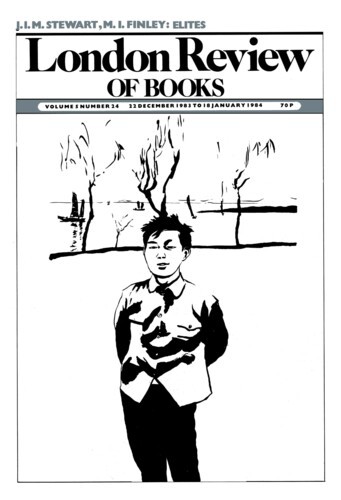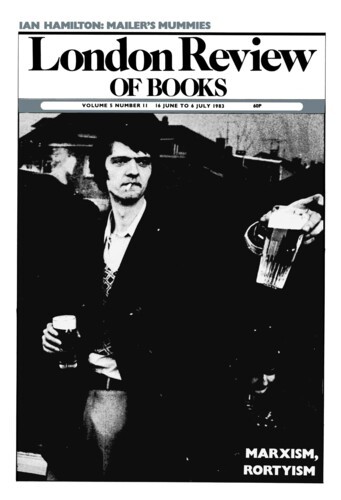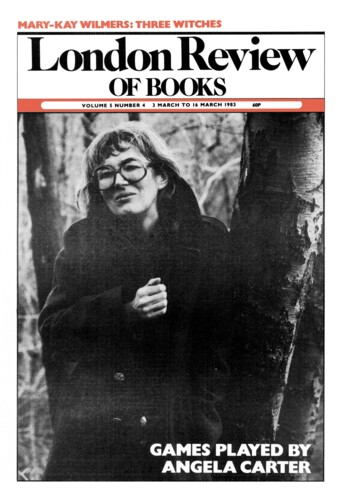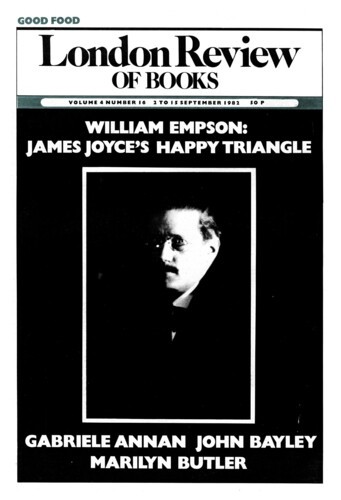Between the Ears of a Horse
Brian Bond, 22 December 1983
At first glance Fire-Power may seem to be a professional study by gunners about gunners and for gunners, but if readers not privileged to have served in the Royal Regiment can absorb the technical information and diagrams they will learn a lot about the realities of warfare in the first half of the 20th century. In particular, they will appreciate the extent to which fire-power has dominated combat and what techniques have been evolved to exploit it and overcome it. This is not a narrow study of artillery: the authors also discuss the development and tactics of machine-guns, trench mortars, hand-grenades and, most important of all, the radio, which exerted a truly revolutionary influence. Although this work is a joint effort, it is likely that the first part, on the First World War, was written by Professor Graham and the rest by Brigadier Shelford Bidwell.




